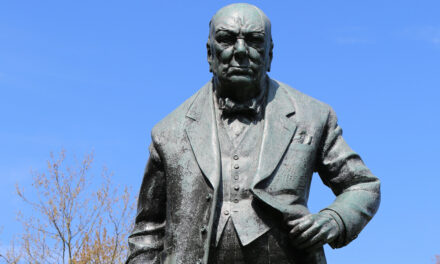68 percent of Hungarians consider the political elite in Brussels to be corrupt, and the respondents consider corruption to be the biggest problem in relation to the leadership of the European Union in Brussels - this is revealed by the research of Századvég in June, which mapped public attitudes related to the activities of the Brussels elite.
The poll shows that more than two-thirds of Hungarians (68 percent) consider the activities of the Brussels elite to be corrupt as a whole: 35 percent of the respondents consider the Brussels leaders and the EU bureaucracy to be corrupt to a large extent, and 33 percent rather.
The results of the survey cannot be separated from the fact that Brussels has recently been rocked by an unprecedented corruption scandal.
It should be remembered that in December 2022, the Belgian authorities uncovered a corruption network linked to the European Parliament, in the framework of which they seized 1.5 million euros in cash.
According to the suspicion, Qatar and Morocco tried to pay off members of the European Parliament - Belgian Marc Tarabella, Italian Andrea Cozzolino, and Greek Eva Kaili - with significant sums in order to influence EU decision-making.
In addition, a total of 53 members of the European Parliament violated the body's code of conduct by failing to report the trips they received as gifts, including from Qatar, within the deadline. Among others, the Romanian MEP Cristian-Silviu Bușoi - who was the president of the European Union-Qatar Friendship Society between 2019 and 2021 - was more than a thousand days late with his statement.
The research also addressed the question of what Hungarians think is currently the biggest problem with the leadership of the European Union in Brussels. In light of what was mentioned earlier, it is less surprising that corruption came first, which clearly stands out among the examined problems.
Accordingly, 24 percent of opinion makers consider corruption to be the most pressing problem in relation to Brussels, followed by weak advocacy and powerlessness (13 percent), as well as external influence and disregard for the interests of the European Union (11 percent). 10 percent of those expressing an opinion consider cumbersome and slow decision-making to be the biggest problem of the European Union.












